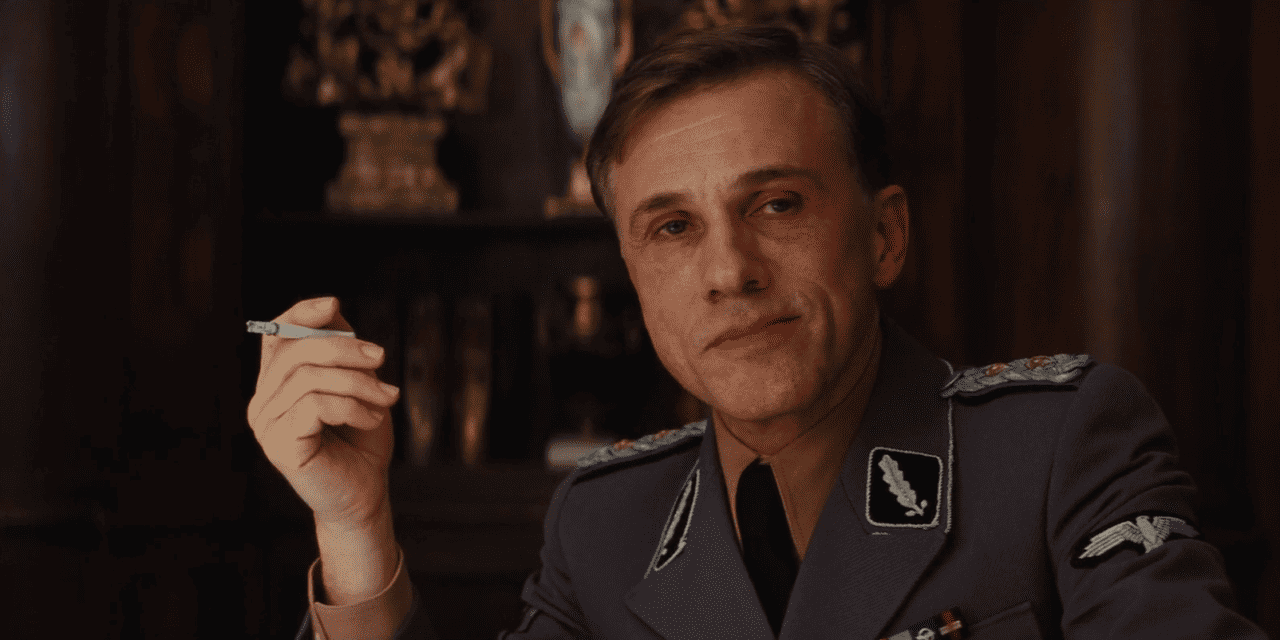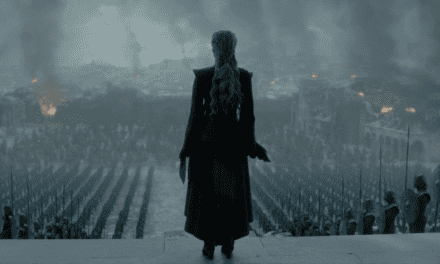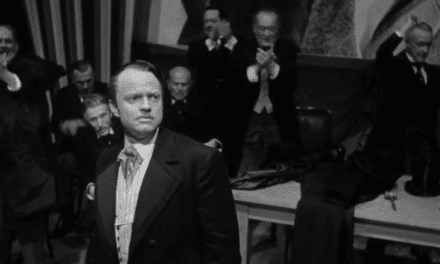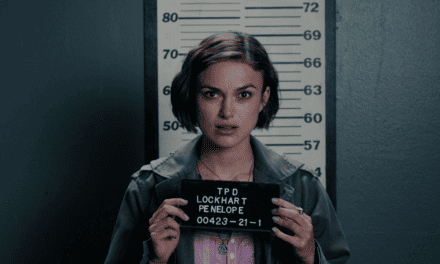MediaPurgatory.com is a participant in the Amazon Services LLC Associates Program. As an Amazon Associate, this site earns from qualifying purchases. This site also participates in other affiliate programs and is compensated for referring traffic and business to these companies.
I originally planned to write this article as a part of my “Quentin Tarantino is Overrated” blog post where I go over every movie directed by Tarantino, point out the flaws, and make my case that he is the most overrated film director of all time (of course, you’re free to disagree).
But, when I got to Inglourious Basterds, I started writing, and there was just so much wrong with this movie that it turned into a 1.500-word article of its own.
I have never seen a movie so God-awful, and yet, so beloved by critics and audiences, and to be frank, I don’t think I ever will. Tarantino has raised the bar for “overratedness” so high, that I don’t think I’m going to see another director reaching it anytime soon.
Because I personally consider this to be the most overrated movie in cinema history, it made more sense to me to publish it as a separate article so I can do it justice.
But, before we begin, I must warn you that this review contains spoilers, so if you haven’t watched the movie, do so, and then come back. I’ll wait, I promise.
So, the film begins, we hear wild-western music playing as the credits are shown, and then… the screen says “Chapter One – Once upon a time… in Nazi-occupied France.” The movie hasn’t even begun yet and this is already beyond ridiculous.
We are introduced to the main villain, Hans Landa, played expertly by Austrian actor Christoph Waltz. Waltz’s acting skills are the only good thing about this movie.
We learn that Landa is looking for the Dreyfuses, a Jewish family that has “disappeared” when the Nazis arrived in the occupied area, and Just as he suspects, the family has been hidden by the house’s owner, Perrier LaPadite. He has them all killed, but one of the daughters, Shosanna (Mélanie Laurent) manages to escape.
Landa gives up on her because she is out of his range and he cannot shoot that far, but for some reason, he forgets that he has three soldiers with machine guns in the house who can easily outrun a young girl. Because the script requires Shosanna to survive, they just conveniently give up on her.
So let me get this straight: Landa and his Jew-hunting crew have spent all this time and resources locating the Dreyfuses, but they cannot be bothered to do a little leg work? I guess now Landa is going to have to spend even more time and resources hunting Shosanna across Europe, and hope that next time he finally finds her, she will just stand still for his convenience.
Tarantino could have easily written a scene where the German soldiers would chase Shosanna through the woods and she would manage to lose them, but I guess that would make too much sense, and we cannot have any of that in this movie.
Next, we are introduced to the real heroes of the film—”The Bastards.” Now, normally, an experienced director would:
- Spend some time getting us acquainted with the main characters before the shooting starts so that we would care more about them later when they face danger;
- Put obstacles in front of them, so that the audience would be on the edge of their seat, wondering wheater their favorite characters would survive. For example, in this scenario, the director could have had some of the heroes, wounded or even killed, indicating that our favorite characters are in real danger, which would keep us more invested in the outcome.
- Introduce a dangerous villain (or villains) who would give our heroes a very hard time during the whole movie. It is said that the villain is much more important than the protagonist and that he can either make or break a movie, depending on how well he/she is written.
Tarantino, however, skips the part where we get to know “The Bastards” and cuts to a scene where they have already landed somewhere in France and won a battle over a German unit—without losing a single soldier and without any of them getting wounded.
He then flashbacks to “The Bastards” rescuing Hugo Stiglitz from a maximum-security prison, again—without any of them getting wounded or killed.
The German army in WWII was one of the most powerful and well-organized armies the world has ever seen, and It took three world superpowers (USA, UK, and USSR) to band together to defeat them, but in this fictional world of Tarantino, they are completely useless and incapable of fighting back. They exist just to be killed by the oh-so-masculine-oh-so-badass “bastards.” At least in the Kill Bill movies, the villains presented a real challenge for the Bride.
Also, a behind-enemy-lines mission is almost always centered on either a) assassinating a high-ranking enemy officer/politician; b) blowing up a bridge to delay the enemy; c) preventing a bridge from being blown up so that the allied armies can advance faster; d) destroying an anti-tank or anti-aircraft position to make an invasion against the enemy possible, etc.
Never in the history of warfare has anyone sent a commando unit behind enemy lines to just “shoot random soldiers.” Regular soldiers can do that from the front lines.
In one of the very first scenes with “the bastards,” Lieutenant Aldo Raine (Brad Pitt) is asking the captured German soldiers to reveal to him some “German position.” If Tarantino had bothered to do even the minimum amount of research, he would have known that in every behind-enemy-lines mission, the location is always known before the mission even begins.
There are very few exceptions to this rule. We can see one such exception in Steven Spielberg’s Saving Private Ryan. In Ryan, Tom Hanks and his soldiers don’t know the exact location where Ryan has landed, but even then, they have several possible locations to explore.
But, Aldo and the bastards must ask captured German soldiers to know their location?! Based on what we see on the screen, this is how “the bastards” must have been briefed:
Um… we are going to drop you somewhere in France… um… ask around if there are some “German positions” in the area… “A German position” being “a position that contains… well… Germans…” Look, we are going to drop you somewhere in France… and… I don’t know… do something… your choice.
I still don’t know how Brad Pitt wasn’t even nominated for the Golden Raspberry award for worst actor. I guess the original idea was for us to be impressed by how masculine, tough, and ruthless Lieutenant Aldo Raine is, but seriously, the guy looks and sounds unintentionally comical. Watching Brad Pitt play Aldo was like watching Leslie Nielsen doing a parody of some other character. The difference is, of course, Nielsen’s characters are intentionally silly.
I would have complained that, besides Aldo, we didn’t even get to know the other “bastards,” but judging by how horribly Aldo was written and played, maybe that’s not such a bad thing after all.
And if you think the movie didn’t make any sense so far, buckle up, cause Tarantino is about to make everything even more ridiculous.
We are re-introduced to Shosanna Dreyfus who is now in Paris and owns a cinema there. Now, it’s safe to say that no matter how much we common folks work and save money, we are never going to be rich enough to own a cinema. But, we are supposed to believe that a young Jewish girl, who is supposed to be hiding from the Gestapo, in two or three short years somehow managed to become a cinema owner?
Shosanna lies to the Germans that her name is Emmanuelle Mimieux and that she inherited the cinema from her aunt and uncle, but no explanation is given as to how she actually got to own it. This is probably because Tarantino realized that any explanation would have sounded silly, so he just gave up.
Also, at the beginning of the movie, Landa manages to locate Shoshanna and her family while they are hiding in a house in a remote village, but he cannot track her down now when she OWNS A FREAKIN’ CINEMA IN THE MIDDLE OF PARIS?!!! Shouldn’t this guy be “The Jew-hunter” or something?!
As expected, the ending of Inglourious Basterds is consistent with the rest of the movie: not making sense whatsoever.
Knowing that Hitler, Goebbels, and Göring are attending the film premiere, you would think that the cinema would be packed with security and that it would be a real challenge for Aldo and the bastards to enter and bring weapons with them. But, because Tarantino doesn’t bother to put any obstacles for “the bastards” to overcome, he just lets them walk into the cinema with tons of dynamite.
Hans Landa goes crazy and kills Bridget Von Hammersmark when he finds out that she is working for the Allies, but literally minutes after this, he himself becomes a traitor to the Reich, which raises the question “why did he bother to kill her in the first place?” If he hates traitors so much, how come he didn’t have any problems becoming one only ten minutes after he killed Bridget?
In the end, two of “the bastards” kill the two guards, enter the cinema hall and kill all the Nazi officials and officers including Hitler and Goebbels. That’s right! In Tarantino’s world, “the Big Three” of the Third Reich, and all the other generals and field marshals are guarded… by two men (insert facepalm emoji here).
So what’s wrong with Inglourious Basterds? In one word: EVERYTHING! From the beginning till the end, there’s absolutely nothing done right in this movie. We are introduced to the most unlikable team of “heroes” in the history of cinema who spend every single second trying to impress us with how violent they can get; we have Tarantino just giving them victories without them even breaking a sweat; and the Germans, who are supposed to give them hard time, are as useless as a bag full of rocks.
The only villain who could present a real challenge for “the bastards,” Hans Landa, eventually helps them with their plan, and then he just surrenders himself to them. At this point, the question is not “Why is this movie so acclaimed?” but “Why does this movie even exist?”
Inglorious Basterds is just “violence pornography.” Tarantino pushes the boundaries of how violent his movies can get without caring if the story makes any sense, if the heroes are likable and relatable, or if the villains are a challenge for them.
Other directors like Scorsese, Kubrick, and Gibson also use a lot of violence in some of their films, but the difference is that these directors are trying to tell a great story; Tarantino just tries to impress you with the amount of blood in his scenes.
I can see this working well with male teenagers who are going to cheer every time they see blood and gore on the screen, and then leave the cinema patting themselves on the back for being able “to handle it,” but I cannot fathom how grown men and women could praise this movie as some sort of masterpiece.
Tarantino has stated on multiple occasions that he is planning to retire at the age of sixty after having directed ten movies, and as of this writing, he has released nine of his planned ten films (Tarantino counts Kill Bill to be a single movie, released in two parts).
So who knows, maybe somewhere in the future we will see Inglourious Basterds Part II, where Aldo and company will enter the Kremlin; kill Stalin, Molotov, and Khrushchev (all of them guarded by one or two men, or not guarded at all) and singlehandedly end the Soviet Union with their masculinity and toughness. And, of course, the Soviet soldiers in the movie are going to exist just to catch their bullets. Then, in Part III, they can go on and conquer North Korea while they are at it.
So there you have it! I hope you enjoyed the review, and if you are a fan of the movie, I hope you didn’t take anything personally. Until next time, Arrivederci!






Recent Comments